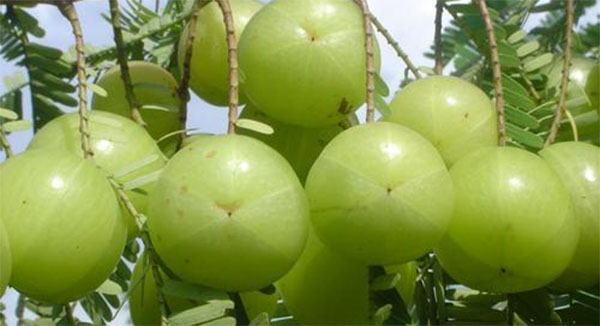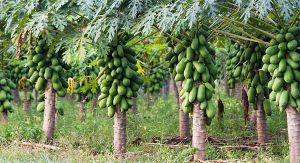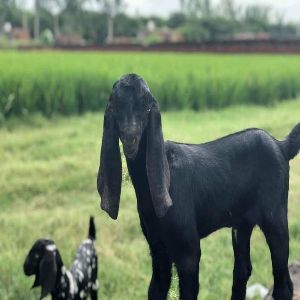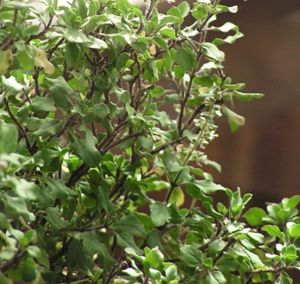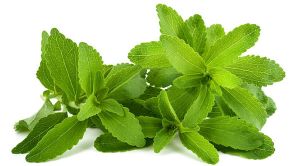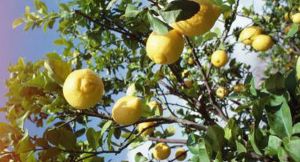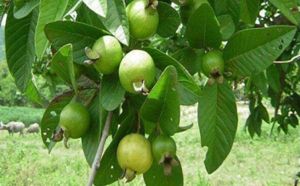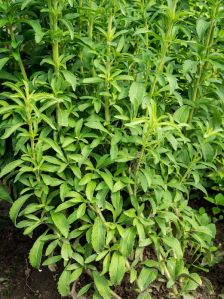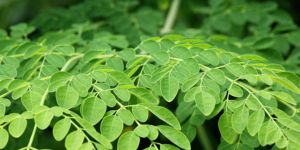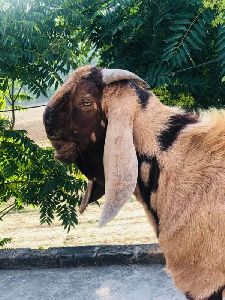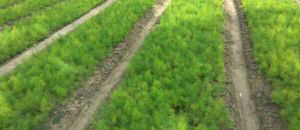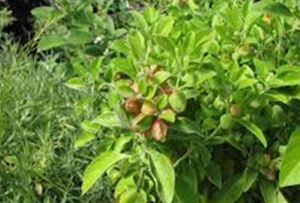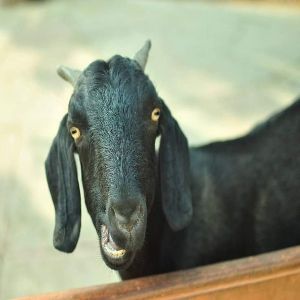100 Ton (MOQ)
| Business Type | Supplier |
| Application | Murabba, Cooking |
INTRODUCTION
Amla farming is a long life low maintains farming. Amla farming is a well done mostly in India. Amla Farming good profitable in dry area. Embelica Officinal is commonly known as Amla or Indian Gooseberry or Nelly is an important crop in India with high medical value. The fruit have the richest source of vitamin C (700 mg per 100 g of fruits) and is consider being good liver tonic, also used in form Amla powder.(ssp group)
VARIETY: AMLA NA-7
USES
Amla is the greatest boon to the humanity and one of the effective traditional herbal medicines, which had been used to treat and manage diseases since the ancient times. Hardly any people are unaware about its importance and significance as it is associated with multiple health and medicinal benefits. Amla is better in taste but the ayurvedic marvel can be used in many forms such as eaten raw, juice, chutneys, pickles, Murabbas, and used with other recipes using its powder. Amla power and oil are used traditionally in Ayurvedic applications for the treatment of scalp. Amla power improves immunity and gives physical strength. It improves complexion and removes wrinkles. (ssp group)
CULTIVATION
Amla is generally propagated by shield budding. Budding is done on one year old seedlings with buds collected from superior varieties yielding big sized fruits. Older trees or poor yielders can be changed into superior types by top working. The pits of 1 m3 are to be dug during May-June at a distance of 20x15 ft spacing and should be left for 15-20 days exposing to sunlight. Each pit should be filled With surface soil mixed with 15 kg farm yard manure and 0.5 kg of phosphorus before planting the budded seedling.
Young plants require watering during summer months at 15 days interval till they are fully established. Watering of bearing plants is advised during summer months at bi-weekly interval. After the monsoon rains, during October - December about 25-30 litres of water per day per tree through drip irrigation should be given.
SPECIES
Aloebarbadensis is the most common specie of Aloevera and grown in Rajasthan, M.P, U.P and Gujarat.
MARKETING
Amla demand is immense in India therefore selling is not difficult and also Our Company provides the facility of Buy Back agreement. (ssp group)
HARVESTING
The tree is small to medium in size, reaching 1–8 m (3 ft 3 in–26 ft 3 in) in height. The branch lets are not glabrous or finely pubescent, 10–20 cm (3.9–7.9 in) long, usually deciduous; the leaves are simple, sub sessile and closely set along branch lets, light green, resembling pinnate leaves. Amla production starts in fourth year. The fruits are harvested during February when they become dull greenish yellow from light green. The mature fruits are hard and they do not fall at gentle touch and therefore vigorous shaking is required. Fruits can also be harvested using long bamboo poles attached with hooks. (ssp group)
SERVICES & INFORMATIONS:
- Amla growing first harvesting practical training..
- First production starts in 4th year.
- Plantation cost is to be borne only once.
- This includes Supervision, consultancy, guidance, Transportation cost first year.
- Buy back of Agreement of Amla.
TERMS AND CONDITIONS OF COMPANY
- For 1 Acre plantation the cost of plant is Rs.52, 000/-, out of which 50% i.e. Rs26, 000/- has to be paid before the cultivation and the remaining half after the planting is done.
- The Buy Back Agreement Stamp paper of Rs.100/- has to be stamped by District Court of your area. (Ssp group)
- For 10 Acre or more yield the buy Back Agreement Stamp Paper will be of Rs.500/-.
EXPENDITURE
| Distance (in acre) | Sapling (in land) | Cost (per plant) | Total | Fertilizer | Cost of cultivation |
| 20*15 ft | 146 | 70 Rs. | 70*146 = 10,220/- | 20000 | 30,220/- |
| Total Expenses: 30,220 /- | |||||
INCOME & YIELD
| Income of year | From each plant ( leaves) | Total | Company buy-back | Total |
| Year 4th | 30 kg | 30*146=4,380 kg | 6 rs. kg | 4,380*6 = 26,280 /- |
| Year 5th | 40 kg | 40*146 = 5,840 kg | 6 rs. kg | 5,840 *6 = 35,040 /- |
| Year 6th | 50 kg | 50*146 = 7,300 kg | 6 rs. kg | 7,300 *6 = s43,800 /- |
| Total 3 years income = 1,051,120 /- | ||||
Looking for "Amla" ?
Explore More Products


